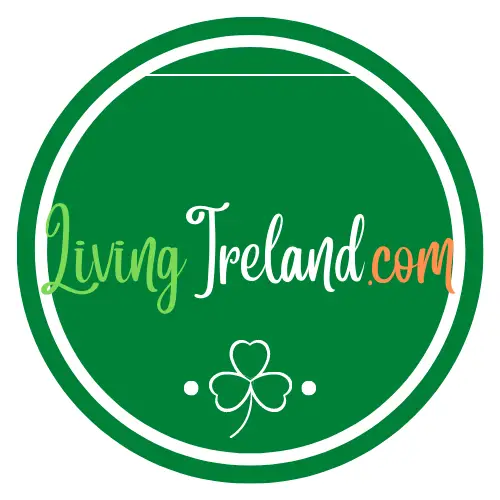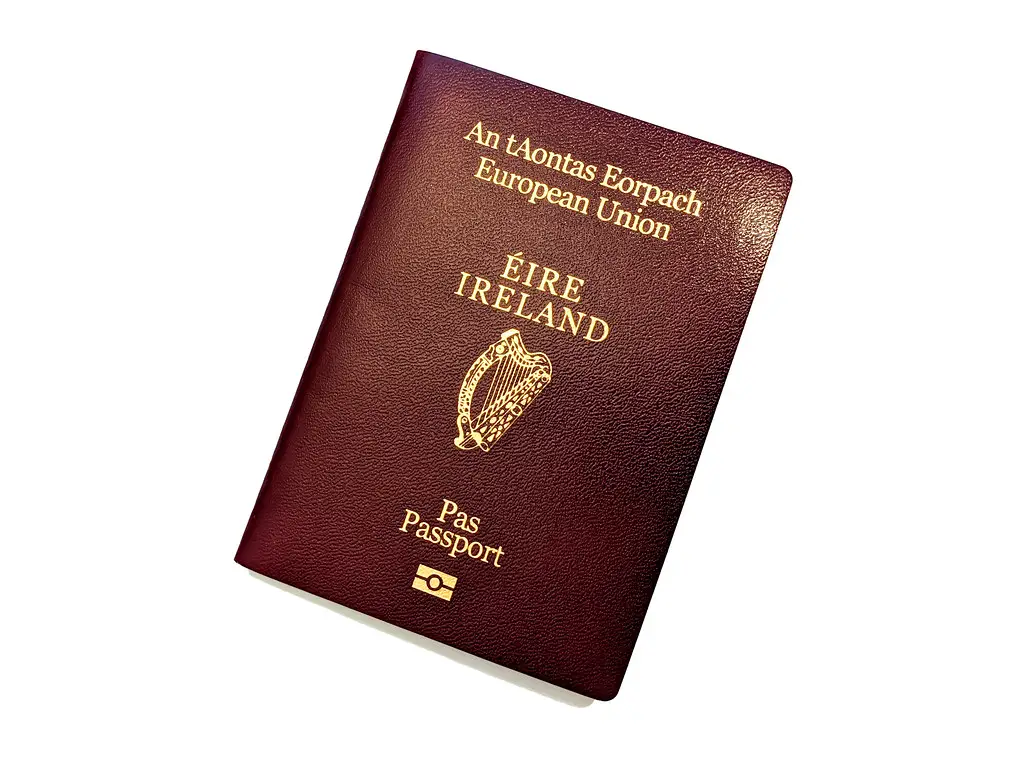It’s been several years since the United Kingdom voted to leave the European Union in 2016, and the formal exit took place on the 31 January 2020, meaning that the UK officially became the first country to withdraw from the European Union.
It might seem strange to discuss this on an Irish website, but as most Irish people know, this has had a profound impact on things here in the Emerald Isle as well.
From the Northern Irish border, to a rise in Irish passport applications, the decision to leave has brought about wholesale changes in the relationship between the UK, Ireland and the EU, and means that UK citizens no longer have certain privileges that they were once accustomed to.
Thankfully, for us, anyone who holds an Irish passport (including those in Northern Ireland) is still able to enjoy the benefits of being an EU citizen as the Republic of Ireland is part of Europe.
Let’s look at the benefits of holding an Irish passport and explain what you’re able to do with it.
What are the Benefits of having an Irish Passport after Brexit?
There are obviously many, many benefits to our island. From the Guinness, to the stunning coastlines, and also plenty of craic, but we know you’re here for passport benefits so let’s get into it:
Benefit: You are still considered to be an EU citizen.
Benefit: You can travel freely amongst the 28 European Union Member States.
Benefit: You can also work freely within any of the 28 States, without the need for additional visa paperwork.
Benefit: As you’re able to move freely between Member States, and this brings further advantages such as being able to access educational provision much easier than not being a member.
Benefit: You do not have to use the non-EU queue at airports which can be significantly longer than the EU citizen queue.
Benefit: Your children will be granted EU and Irish citizenship, meaning that they will benefit from everything you’ve read so far as they get older.
Essentially, the key benefits focus on ease of travel and living throughout the European Union block.
On a larger scale, the EU is designed to be an economic block, but for citizens like you and me, the benefits are more day-to-day and more noticeable when they’re removed (as in the UK case).
More generally, and slightly unrelated to passports specifically, countries which are part of the European Union will also benefit from a greater share of funding through grant schemes, which are designed to bring about benefits to Member States.
Who is Entitled to an Irish Passport?
So, we’ve gone over the many benefits of holding an Irish passport but how do you know if you’re entitled to hold or apply for one?
If you were born in the either the Republic of Ireland or Northern Ireland before 1st January 2005 then you are automatically considered an Irish citizen, or entitled to citizenship.
If you were born after 31st December 2004 then you won’t have automatic citizenship, and it will depend on one of your parents being either an Irish or British citizen when you were born in Ireland (e.g. If you were born after this date, in Ireland, but your parents came from other nations, you won’t automatically have Irish citizenship).
You can also apply for an Irish passport through having Irish descendants within your family. To do this you’ll need to prove one of the following points:
- One or both of your parents was an Irish or British citizen (but died before you were born)
- One of both of your parents was entitled to live (without any residency restrictions) in Ireland or Northern Ireland
- One or both of your parents was legally resident on the island of Ireland for three out of the four years preceding your birth (i.e., not on a student visa or awaiting an asylum decision)
If you were born outside of Ireland, there may also be an opportunity for you to apply for an Irish passport, if:
- Either of your parents were born in Ireland and entitled to Irish citizenship
- You have a grandparent who was born in Ireland and your birth was entered into the Foreign Births Register
- One of your parents was an Irish citizen (by registering with the Foreign Births Register or through naturalisation) at the time of your birth
With the advantages of retaining the benefits of being part of the EU, and many ways to be eligible for an Irish passport, it’s well worth looking into applying so you can potentially benefit from dual citizenship.
How Long Will it Take to Get an Irish Passport?
Irish passport application times change depending on your personal circumstances, and also depending on the time of year and other outside factors.
If you are applying from the UK, at the moment it’s estimated that the wait is 365 days, so if you’re in a hurry to get an Irish passport you may want to get that application in sooner rather than later.
How Much does it Cost to Get an Irish Passport?
The fees for an Irish passport are dependent on the size you choose, but the standard 10-year passport will set you back €75.
We hope this helps and provides you with everything you need to know about holding an Irish passport, including the many benefits it brings to those lucky enough to hold one.

